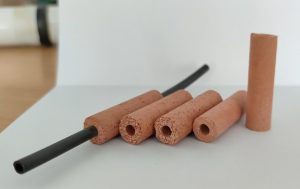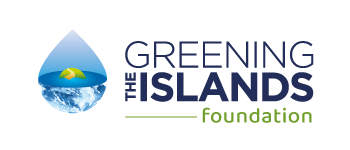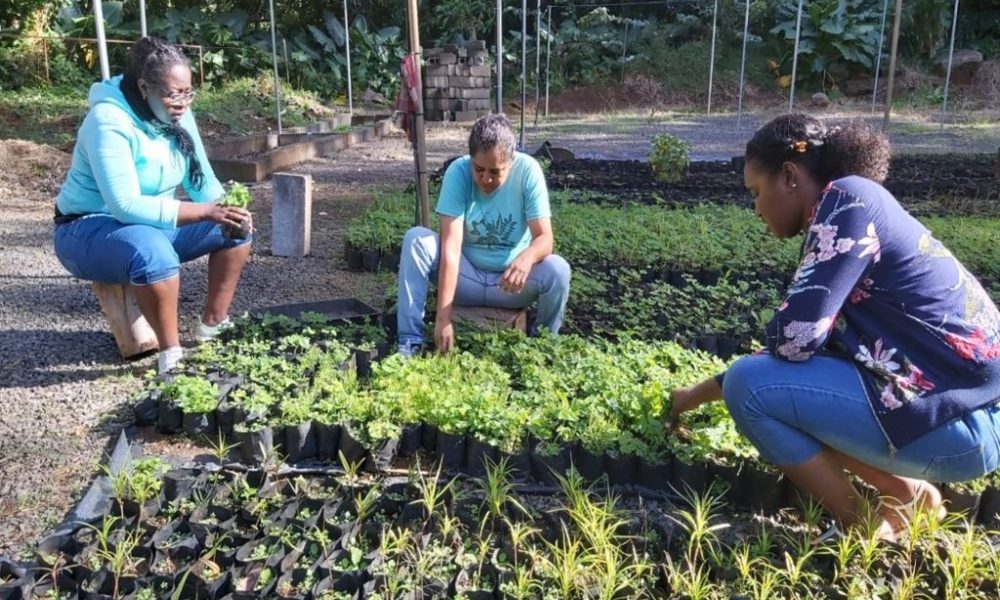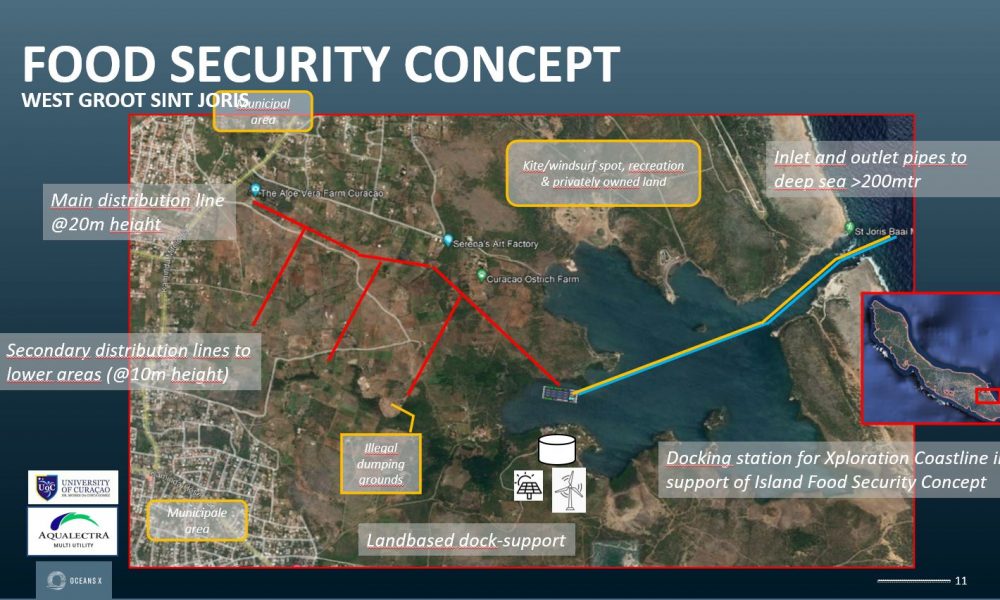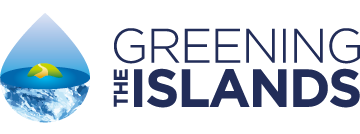Winner 2023 – Gozo (Malta)
Projects
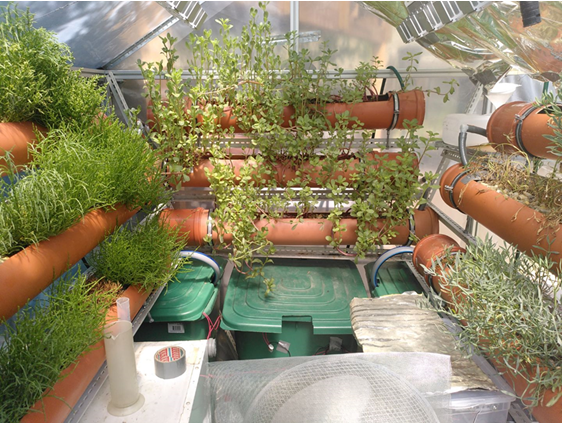
MED-WET: Improving MEDiterranean irrigation and Water supply for smallholder farmers by providing Efficient, low-cost and nature-based Technologies and practices
Winner GTI Awards 2023 – 1st place
General information:
Island (Region, Province, Country):
Gozo – Malta
Population:
up to 50.000 inhabitants
Budget / cost of the project:
€ 352147.09
Project status:
Design phase
Project objectives:
Mediterranean regions already face significant water scarcity. High tourist activities during the summer months additionally stress the limited water reserves, at a disadvantage for agriculture. Population growth, changing food consumption patterns and climate change are expected to intensify stresses. This calls for more efficient and sustainable irrigation technologies that are widely applicable for smallholder farmers. They must be low-cost, lean solutions that optimise natural resource use and income even at small scales. MED-WET provides such solutions to enhance irrigation efficiency as well as to increase freshwater availability by tapping into non-conventional water sources. Our selected solutions are low-tech, low-energy, easy-to-operate solutions using cheap, locally available and natural materials geared towards financial feasibility.
Project description of activities and specific interventions:
“SLECI” technology (Self-regulating, Low Energy, Clay-based Irrigation) (TRL 4 to 7) is a self-regulating subsurface irrigation technique that uses the actual suction force of the surrounding soil for regulation of the system’s water release. Its concept, production and installation are simple and thus adaptable to rural environments saving on water and energy. Water is transported via clay tubes which have a higher suction tension than the applied hydraulic pressure, so the surface of the clay tubes stays damp. MED-WET investigates its performance in a variety of local conditions and in combination with various (reclaimed) irrigation waters. We use SLECI as a vehicle to create financial gains for small-scale farmers through increased crop diversity and yields from the introduction of new irrigation, through resource use efficiency and in terms of more profitable farming by other cost savings by significantly reducing time spent in the field, and reducing energy previously spent on pumping (20% energy savings).
Solar desalination system for utilisation of saline and low-grade water (TRL 4 to 6): Evaporation greenhouse compartments based on the principle of solar desalination. Saltwater is evaporated (raw water) and recondensed as sweet water. MED-WET tests passive surface cooling mechanisms to condensate the evaporated water, e.g., low-quality water (e.g., saline groundwater or seawater). The systems shall be cheap and easy to deploy. Evaporation losses are reduced by 90%, and thus operational costs, and increase yields by 10-30%. MED-WET also pilots a crop rotation system irrigated with brackish groundwater. Moderately salt-tolerant crops are alternated with halophytes, which extract salt from the soil, preventing it from accumulating at the top layer. This mitigates the risk of salt crust formation and enables long-term use of the prevalent brackish groundwater for irrigation.
Public outreach, education and awareness efforts and results:
- Project website (https://eco-gozo.com/project/prima-med-wet-project)
- Social media (followers on Twitter, Facebook, LinkedIn)
- E-newsletter recipients
- Online fact sheets (downloads)
- Short videos released (views)
OFFLINE DISSEMINATION
- Scientific publications in peer-reviewed journals
- Press releases published by media
- Publications in sector-specific magazines
Economic value added and how calculated:
- 20% increase in revenue through increased crop output, diversification and primary freshwater savings per unit area;
- MED-WET technologies are attractive & more cost-efficient than other solutions with similar tech performance;
- > 20% decrease in energy consumption; >20% less time spent on field and resulting decreased unit operational costs;
- New business models for farmers to adopt MED-WET technologies and based on secondary water and nutrients;
- Increase in lending activities to small farmers of the region from potential lender survey responses at project end;
- 8-14 funding opportunities identified and each with adequate resource mobilization approaches developed;
- Increased awareness of water scarcity, sustainability of farming practices and sustainable, affordable solutions;
- Sustainable increase in soil productivity and water retention; contribution to arable land reclamation in desert area;
- Increase public and stakeholder awareness for environmental and economic gains by small farmers’ adoption of strategies to adapt irrigation systems to mitigate climate change risks.
Ecological and social project outcomes:
MED-WET develops a new irrigation technology with initial test results so far promising to increase the irrigation efficiency by 70-90 % compared to drip irrigation and other sub-surface technologies. SLECI enables self-regulating precision irrigation that is low-cost and low-tech, thus enhancing water security while also matching optimal crop water requirements and thereby enhancing yields MED-WET’s solutions for freshwater harvesting from non-conventional sources convert saline groundwater and domestic or on-farm wastewater to safe irrigation water.
MED-WET will provide sound evidence for the ability of its solutions to cut irrigation water demand, especially primary freshwater by enabling reuse, and proving benefits for water and food security wherever MED-WET technologies are applied.
Based on 21% of total agricultural land was irrigated in the Mediterranean and considering the significant increase in irrigation efficiency combined with reclaimed water, MED-WET technologies could enable over 50% increase of the share of total cultivated agricultural land that is irrigated by five years post-project, and double the share within 10 years post-project, contributing to sustainable and resilient food security in the long term.
